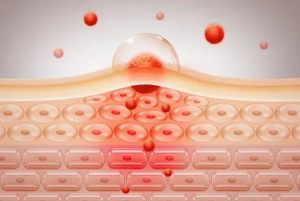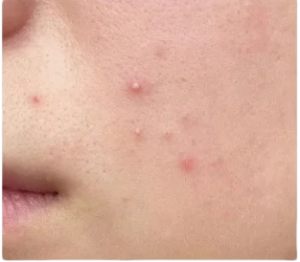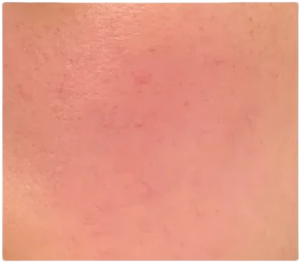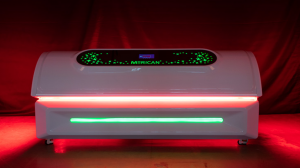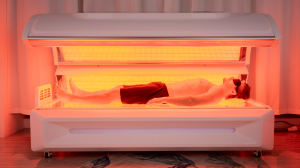From sensitive redness to stubborn acne, from premature wrinkles to pigmentation, there are often inflammatory factors behind them. “Anti-inflammatory” has also become a hot word in the field of skin care, and many people even believe that the end of skin health lies in anti-inflammatory.
So, is anti-inflammatory important to us? Is skin health just about anti-inflammatory?
Does our skin need anti-inflammatory treatment?
The skin is the first line of defense for the human body. When the skin barrier is damaged, the microbial imbalance occurs, or it is stimulated by external factors, the immune system will initiate an inflammatory response, release pro-inflammatory factors, and start repair by engulfing pathogens and removing necrotic cells. This process is the body’s self-protection mechanism.
However, persistent or excessive inflammation can further weaken the barrier function and aggravate the imbalance of the flora, leading to a series of skin problems. Therefore, balancing the inflammatory response is the key to skin health, which can avoid persistent damage to the skin caused by excessive activation of the immune response.
Skin health ≠ simple anti-inflammatory
Although anti-inflammatory is essential, healthy skin means that its structure is intact and its functions are in a good dynamic balance, not just the absence of inflammation. To achieve true skin balance, it needs to be maintained at multiple levels:
1. Focus on barrier repair and maintenance
When the barrier is damaged, transepidermal water loss will increase significantly, the pH value of the skin will be unbalanced, and then induce inflammation and sensitive symptoms. You can choose mild cleansing products or control the frequency of cleaning and water temperature.
2. Maintain skin microecological balance
An imbalance in the microbial community on the surface of the skin can trigger or aggravate inflammatory responses. Try to avoid frequent use of antibiotic ointments or irritating cosmetics.
3. Maintain normal skin metabolism
Abnormal skin metabolism cycle will form a vicious cycle of “slow metabolism-inflammatory response-skin aging”. You can maintain a healthy lifestyle, such as a reasonable diet, regular work and rest, and moderate exercise.
How does red light restore skin health?
It is worth mentioning that red light has become an important means of treating various skin diseases and maintaining skin health due to its unique biological effects and significant clinical results. It also occupies a place in the field of skin health management and beauty due to its advantages such as safety and non-invasiveness.
Previous clinical studies have shown that red light can regulate the signal transduction pathways within cells, affect the secretion of cytokines, and exert anti-inflammatory effects. Its core mechanism is mainly to promote the phagocytosis of white blood cells, reduce the number of inflammatory cells and the expression of pro-inflammatory factors, and reduce the content of 5-hydroxytryptamine in the inflammatory site while increasing cell activity, thereby relieving clinical symptoms such as pain and itching.
Not only that, red light irradiation can reduce the rate of transepidermal water loss, increase the hydration of the stratum corneum, inhibit melanin formation, maintain the tight arrangement of collagen fibers, etc., thereby promoting the repair of skin damaged by inflammation and significantly improving skin appearance and function.
The MERICAN beauty cabin based on red light therapy integrates multiple ratios of composite light and can produce photobiological effects by irradiating the whole body. This effect can activate mitochondrial function, enhance skin metabolism and self-repair ability, regulate immune cells, repair skin barriers, thereby improving acne, dryness and other skin inflammation problems, and can also accelerate wound healing, promote collagen regeneration, and comprehensively improve skin health.
In summary, skin health is not just about anti-inflammatory treatment, but about “balance”. Finding a comprehensive scientific care plan that suits your skin in multiple dimensions such as anti-inflammatory, repair, protection, and metabolism is far more valuable in the long run than a single care plan.

